The lifespan of a dog is a primary concern for potential pet owners, as it speaks to the years of companionship and joy they can expect. While the average lifespan of dogs varies, typically ranging from 10 to 13 years, some breeds are known for their exceptional longevity. These breeds often live well beyond the average, providing their human companions with many years of loyalty, love, and memories. Factors contributing to these longer lifespans include breed-specific health predispositions, size (with smaller breeds often living longer than larger ones), and genetics. However, lifestyle, diet, and quality of care also play significant roles in determining a dog’s lifespan. In this article, we’ll explore ten dog breeds renowned for their exceptionally long lifespans, delving into what makes each of them unique and how they defy the typical canine aging process.
1. Chihuahua
Chihuahuas are one of the longest-living dog breeds, often living up to 15-20 years. Their small size plays a significant role in their longevity. Chihuahuas are generally less prone to genetic diseases that afflict larger breeds, contributing to their extended lifespans. This breed does have some health concerns, such as heart and dental issues, but with proper care, regular veterinary check-ups, and a healthy lifestyle, Chihuahuas can be cherished companions for many years. Their spirited and lively nature also seems to keep them young at heart, further contributing to their long lives.
2. Jack Russell Terrier
The Jack Russell Terrier is another breed known for its long lifespan, typically living between 13 to 16 years, and often longer. These energetic, bold, and sturdy little dogs have a vivaciousness that seems to contribute to their longevity. Jack Russells were bred for fox hunting, requiring endurance and resilience, traits that have translated into a generally healthy breed with few genetic ailments. Proper exercise, a balanced diet, and regular health care play essential roles in helping these spirited terriers enjoy a long and healthy life.
3. Toy Poodle
Toy Poodles are not just popular for their intelligence and hypoallergenic coats; they are also known for their extended lifespans, often living 14 to 18 years. Their small size contributes to their longevity, but they are also a generally healthy breed with few major genetic conditions. Regular mental and physical stimulation seems to be a key factor in keeping Toy Poodles healthy and happy for many years. Maintaining a proper diet and routine health checks can help mitigate common issues like dental problems and ensure a long, fulfilling life.
4. Dachshund
Dachshunds, also known as wiener dogs, often enjoy a long life, typically reaching 12 to 16 years of age. Their small size contributes to their longer lifespan. Dachshunds are prone to some health issues, such as spinal problems due to their elongated body, but with proper care, including a healthy diet and regular exercise, they can live a long and happy life. Their playful and curious nature also seems to keep them spry in their older years.
5. Shih Tzu
Shih Tzus are known for their long, flowing coats and sweet nature, as well as their impressive lifespans, often living from 10 to 18 years. This breed has few serious genetic health issues, though they require regular grooming and dental care. Shih Tzus’ generally calm and affectionate demeanor, combined with regular exercise and a healthy diet, contributes to their longevity. Their adaptability to various living conditions and their loving companionship seem to play a role in their extended lifespans.
6. Lhasa Apso
The Lhasa Apso is an ancient breed known for its long, luxurious coat and equally long life, often living 12 to 15 years, and sometimes longer. Originally bred as a watchdog in Tibetan monasteries, Lhasa Apsos are robust and hardy dogs. They have few major health issues, though they require regular grooming. Their independent and alert nature, combined with a loving home environment and good health care, contributes to their long lifespans.
7. Maltese
Maltese dogs, with their flowing white coats and gentle dispositions, typically enjoy lifespans of 12 to 15 years. They are a generally healthy breed, although they do require regular grooming and dental care. The Maltese’s small size is a factor in their longevity, and with proper care, including a nutritious diet and regular veterinary check-ups, they can be long-lived companions. Their affectionate nature and adaptability to various lifestyles also contribute to their extended lifespans.
8. Yorkshire Terrier
Yorkshire Terriers, affectionately known as Yorkies, often live between 13 to 16 years. Their small size is a significant factor in their long life expectancy. Yorkies are a relatively healthy breed, though they can have dental issues and require regular grooming. Their spirited and affectionate nature, combined with appropriate care and a healthy lifestyle, contributes to their longevity. Yorkies’ bold and adventurous personalities seem to keep them young at heart, aiding in their extended lifespans.
9. Australian Cattle Dog
The Australian Cattle Dog is an exception to the rule that smaller breeds live longer. This sturdy and robust breed often reaches 12 to 16 years of age, with some individuals living even longer. Their longer lifespan is attributed to their overall robust health and active lifestyle. Originally bred for herding cattle, these dogs have a strong work ethic and require a lot of physical and mental stimulation, which seems to contribute to their longevity.
10. Pomeranian
Pomeranians, with their fluffy coats and vivacious personalities, typically have a lifespan of 12 to 16 years. Their small size is a significant factor in their longevity. Pomeranians are prone to certain health issues, such as dental problems, but with proper care and regular veterinary visits, they can enjoy a long, healthy life. Their energetic and playful nature, along with a loving and caring home, contributes to their extended lifespan.
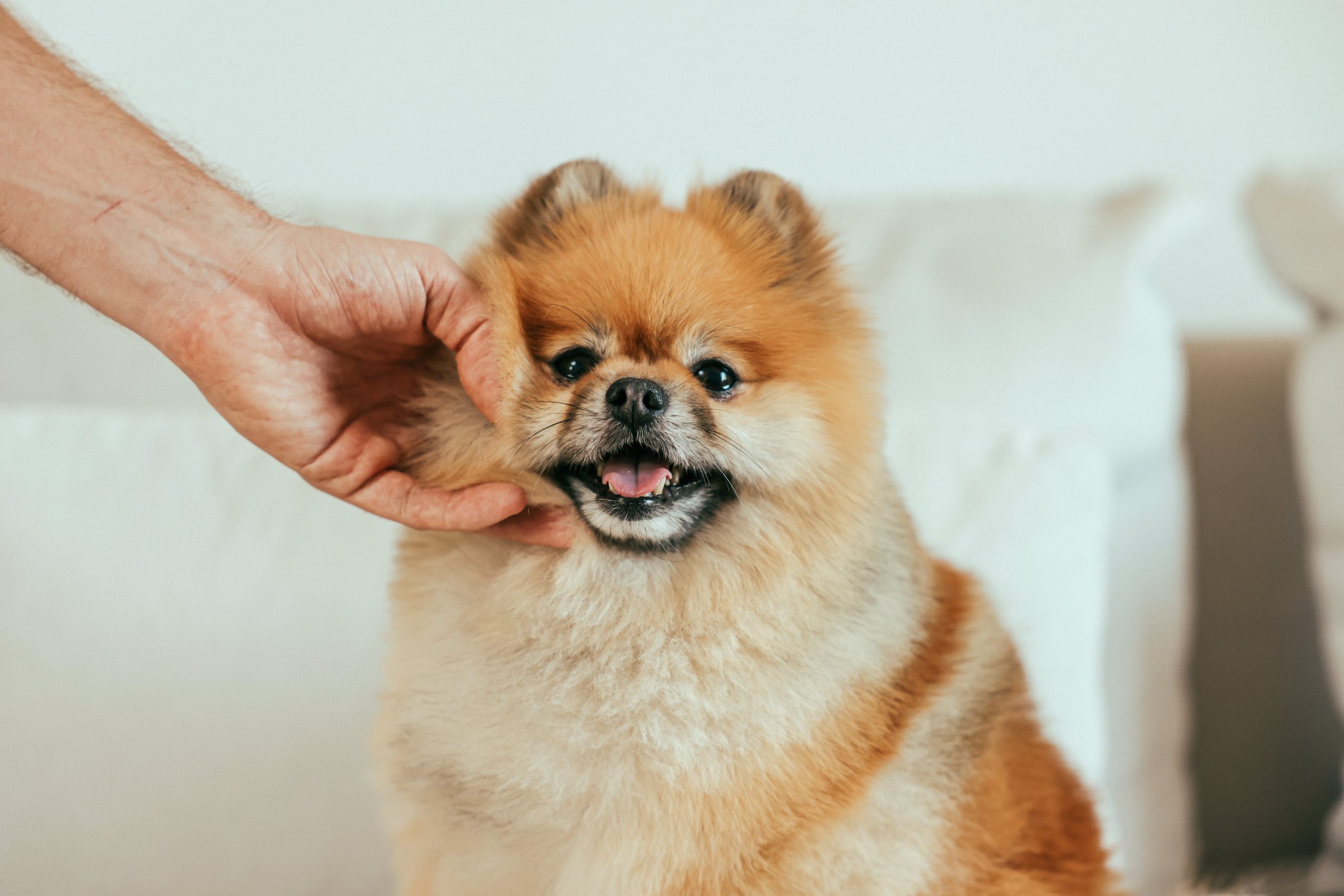
These ten dog breeds stand out for their exceptional lifespans, offering many years of companionship and joy. Their longevity can be attributed to various factors, including size, genetics, and overall health, but the care they receive from their owners is equally important. Providing a nutritious diet, regular exercise, mental stimulation, and routine veterinary care are key to ensuring these breeds enjoy the longest, healthiest lives possible. Owning one of these breeds means the joy of a long-term companionship, filled with love and memorable moments.
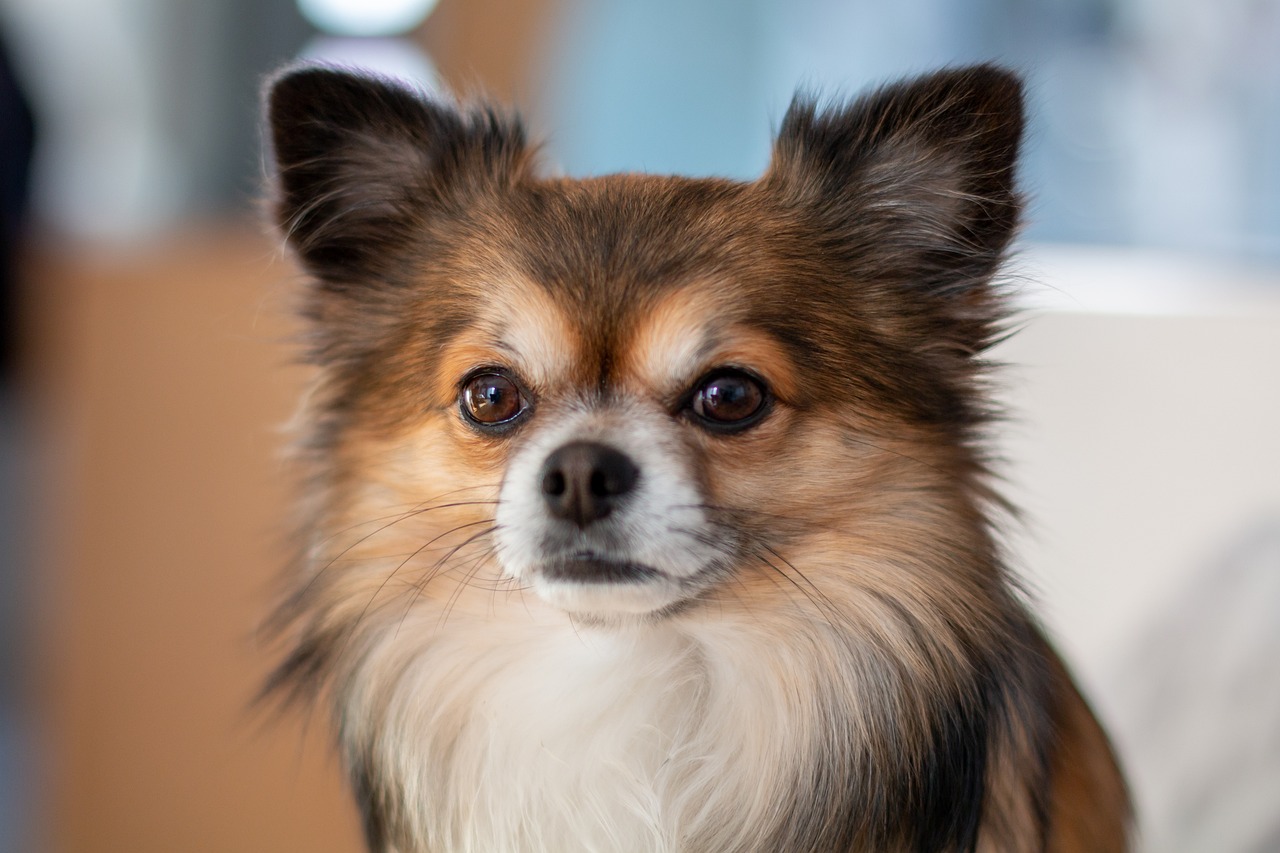



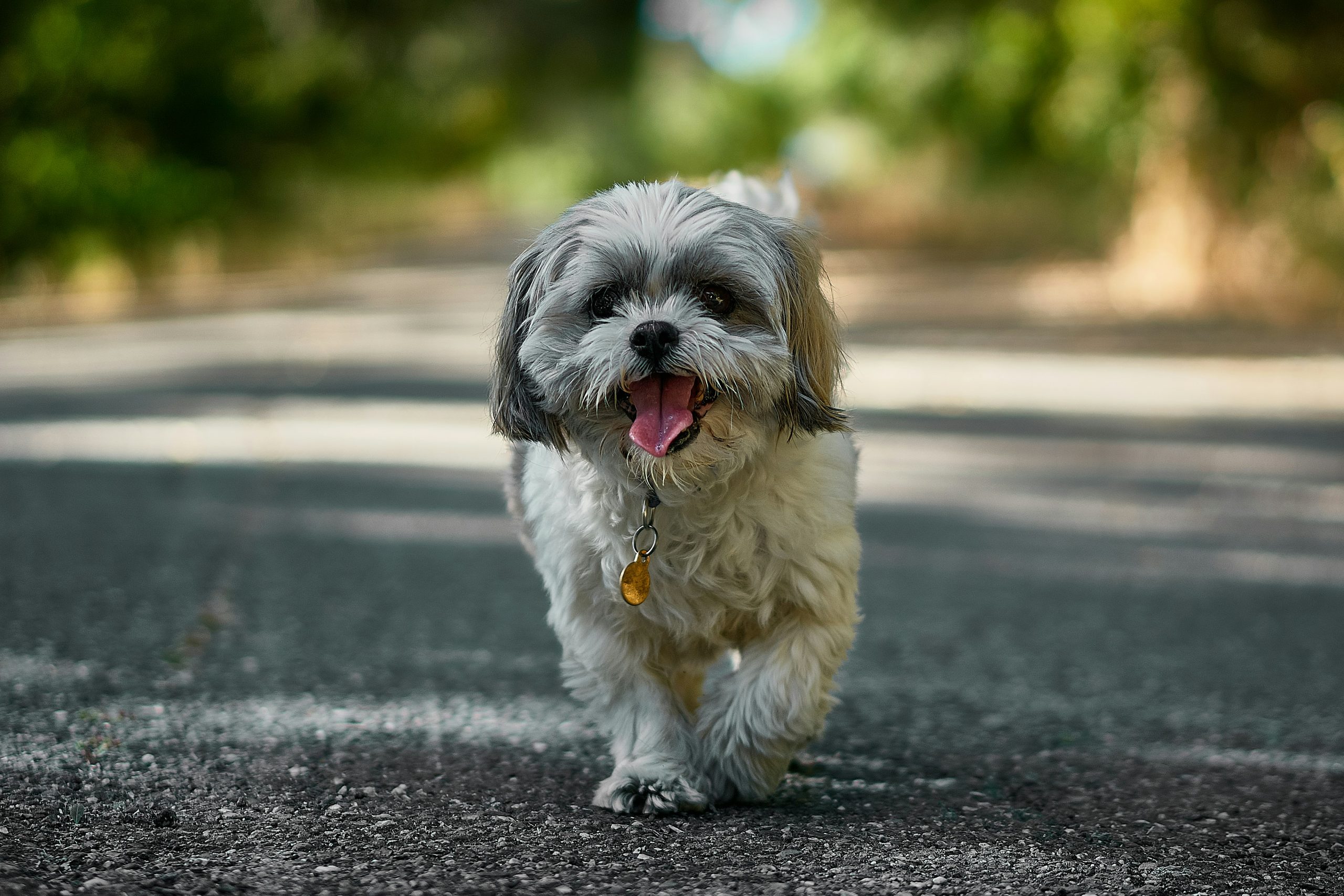
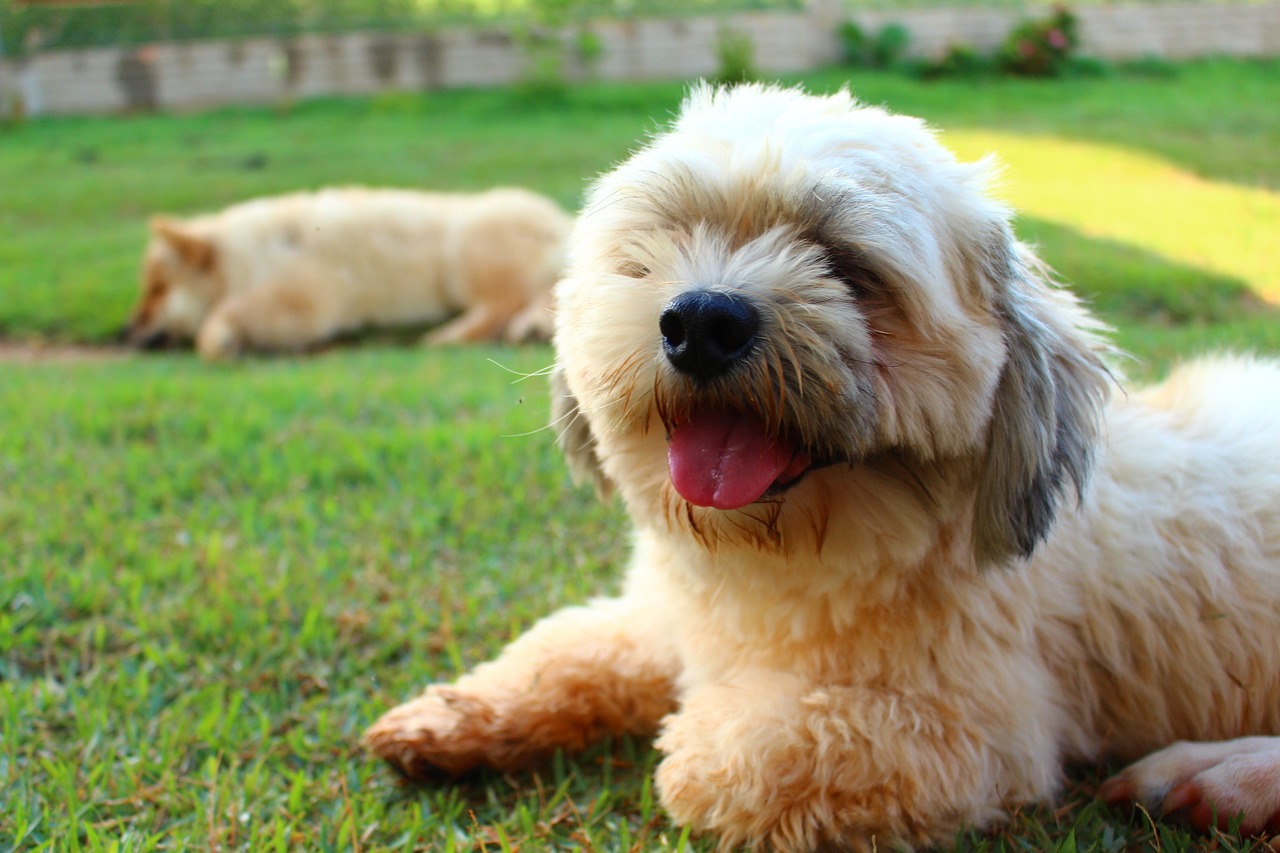
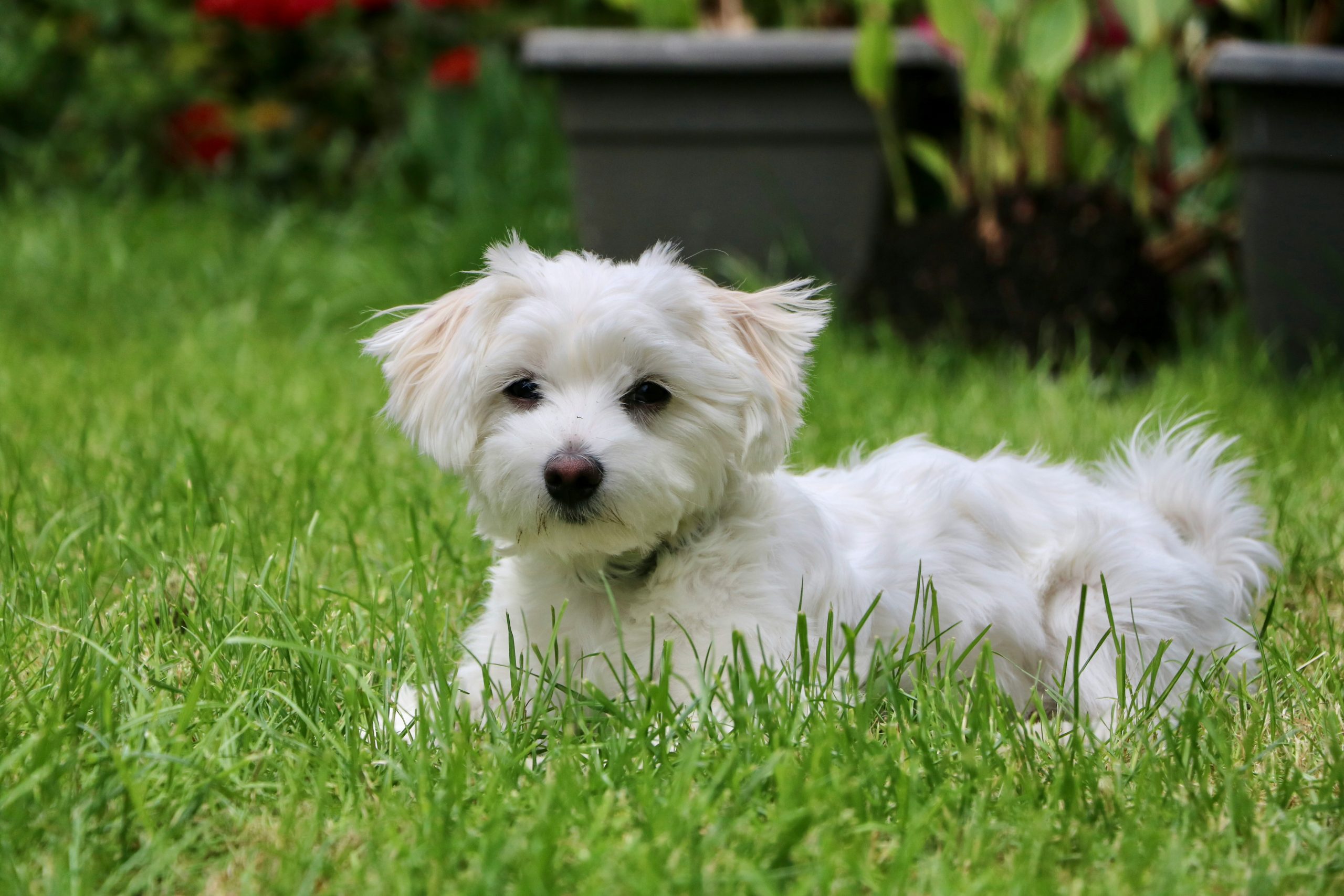
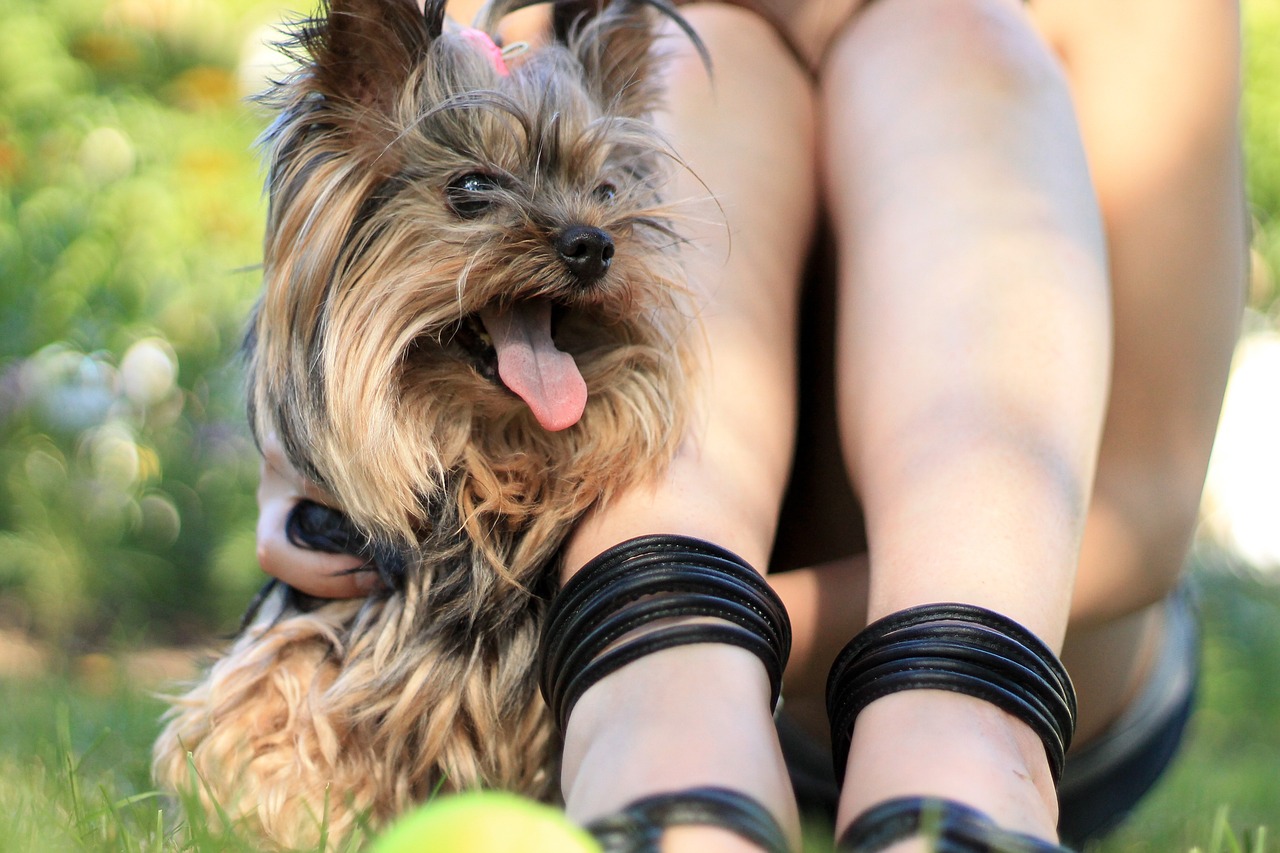
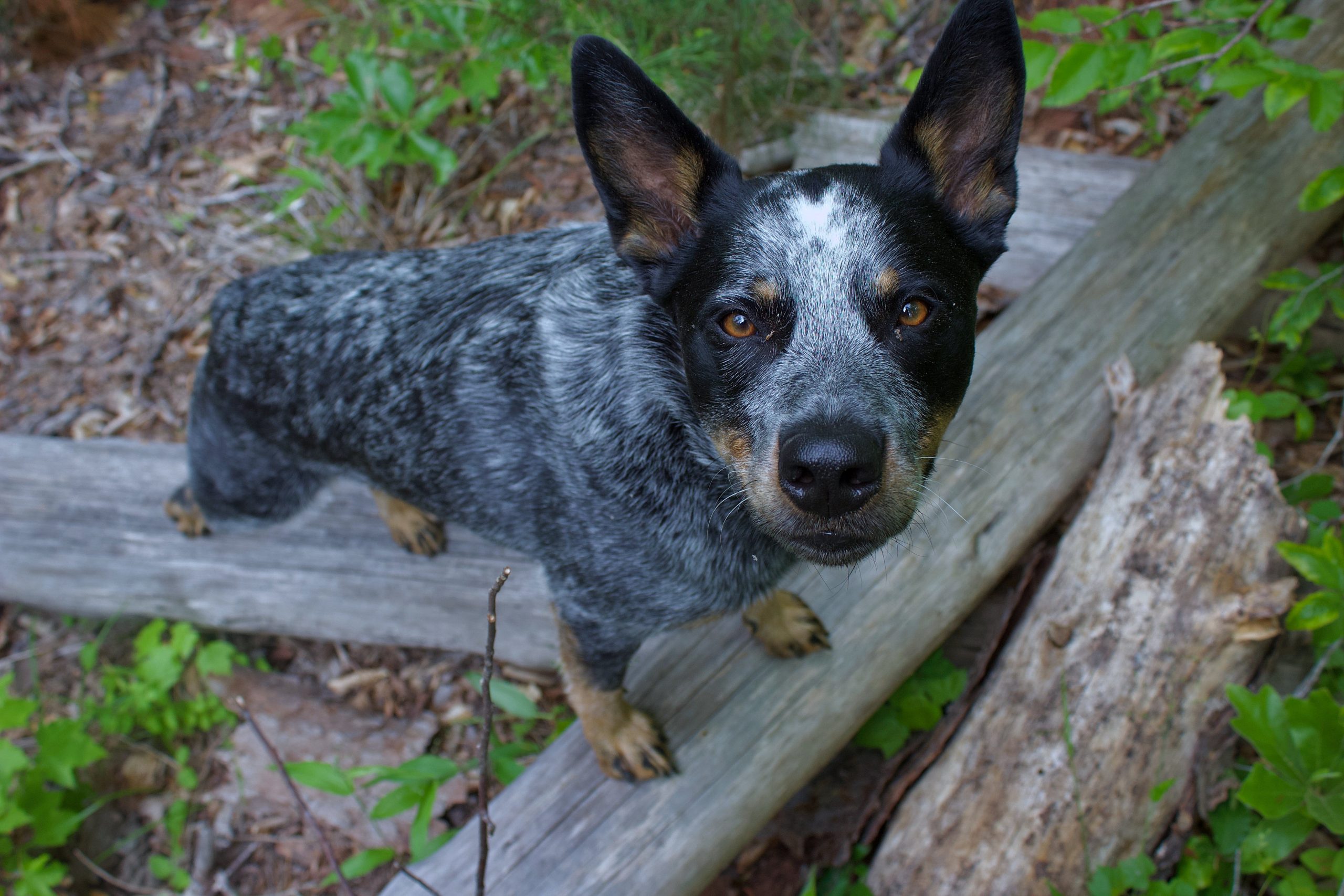
 Toledo, United States.
Toledo, United States.